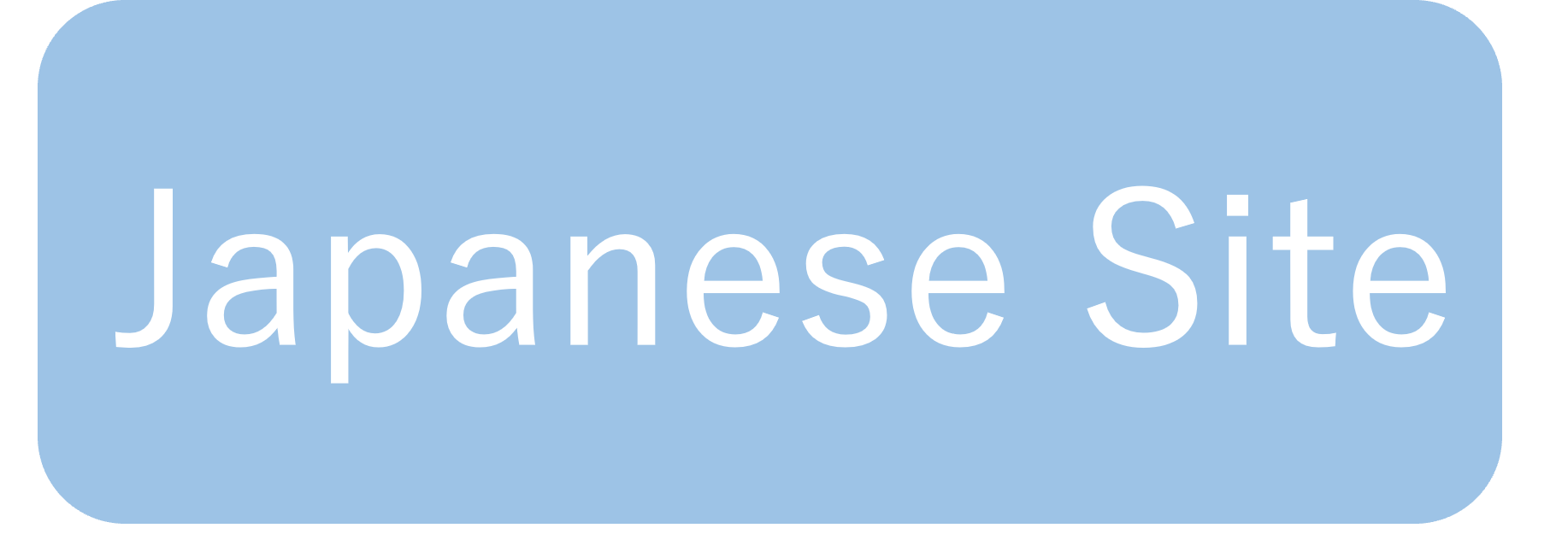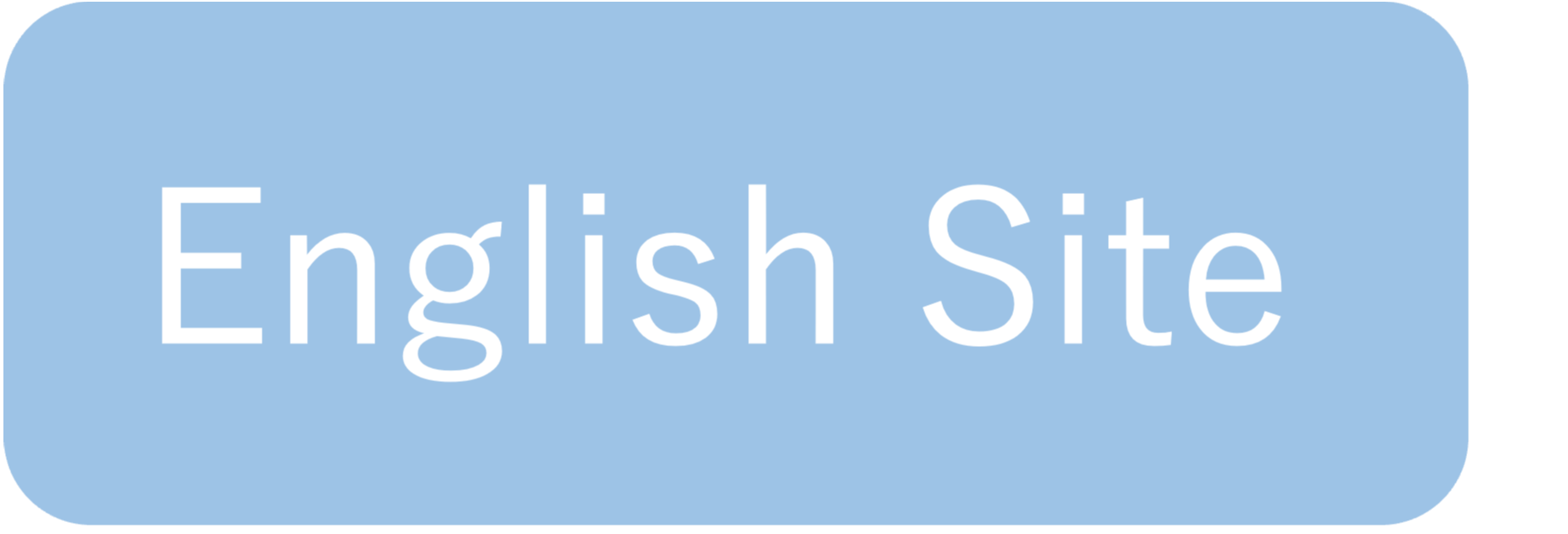Advisory Contracts
(1) Advisory Contracts
Under an advisory contract, within a certain amount of time, we will provide consultation to our clients without any payment other than the advisory fee. The cost and term of the contract will be discussed with the client in advance to determine the amount of work that is likely to be performed each month, and the content of the contract will be determined flexibly according to the needs of each company.
The four main benefits of an advisory contract are as follows.
- When we conclude an advisory contract with you, we receive a fixed amount of fees each month, which allows us to offer you a lower hourly rate than if you requested us on a case-by-case basis, thereby reducing your costs.
- A case-by-case basis requires a separate estimate and fee for each different type of case, whereas an advisory contract allows us to handle any type of case within a certain amount of time.
- Since we are building a long-term relationship with clients, we are able to get to know our clients better, making it easier to provide advice that is more suitable to the client based on their past history.
- We are more likely to be consulted in advance rather than after a problem has occurred, which will increase the likelihood of preventing problems.
(2) Outside directors and auditors
In recent years, with the globalization of business, the importance of having appropriate company auditors and outside directors is increasing, but we hear it is difficult to find suitable personnel.
Our firm has Japanese attorneys who are familiar with the conditions in ASEAN countries and have extensive knowledge of the laws and regulations. Therefore, we are able to introduce the appropriate person to be an outside director or auditor for companies that have business operations in ASEAN countries or are considering establishing new branches or subsidiaries in ASEAN in the future.
(3) Whistle-blowing contact
In recent years, more and more companies are considering the establishment of whistle-blowing contacts as the number of employees they employ at their ASEAN locations increases. However, even if internal personnel are in charge of the contact person, appropriate action is often not taken. Thus, it is advisable to request an external party for this matter. However, they say that it is difficult to find an appropriate external party that can even handle the local language. In addition to Japanese attorneys, we have a number of local attorneys, so when we are entrusted with whistle-blowing contact services, we can respond to whistle-blowing not only from Japanese people working in the local area, but also from local workers.





